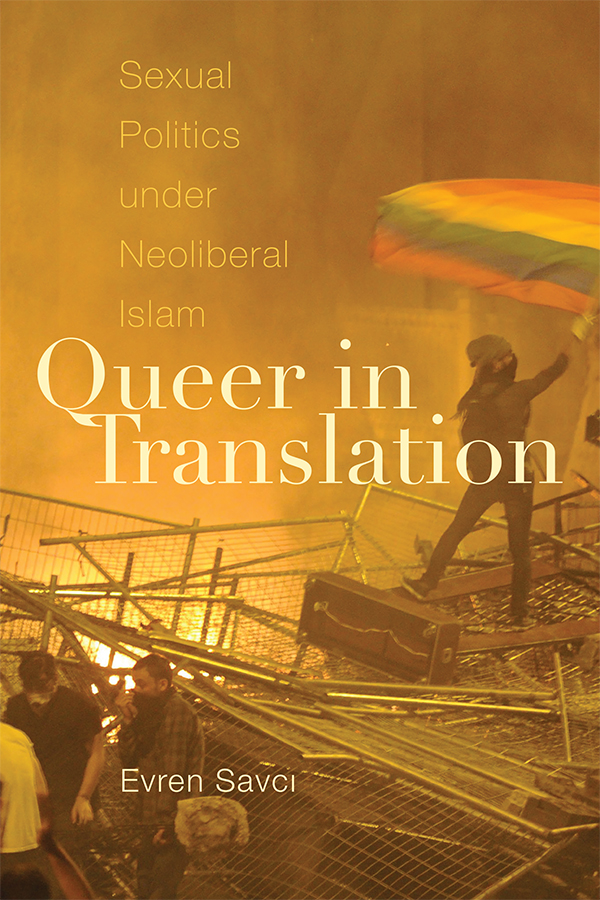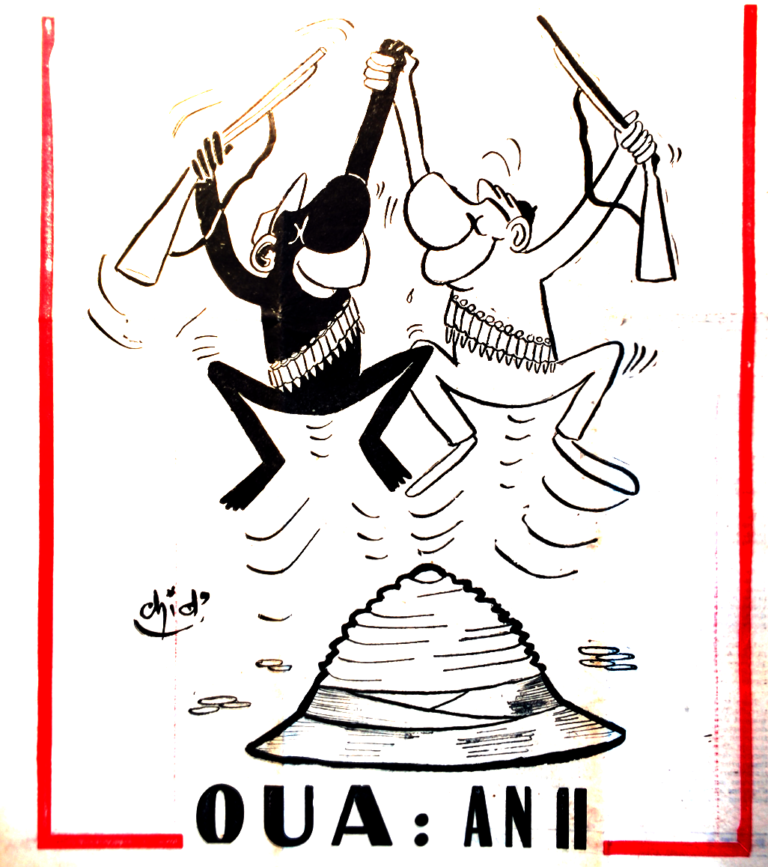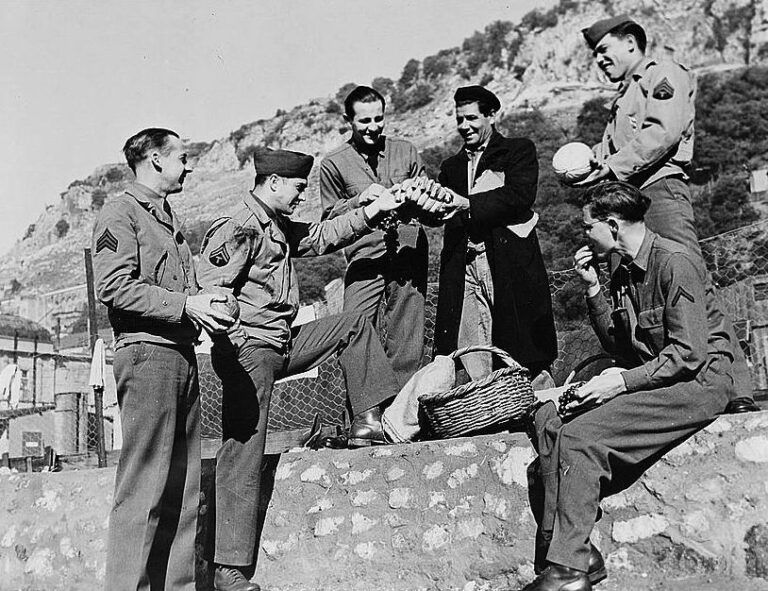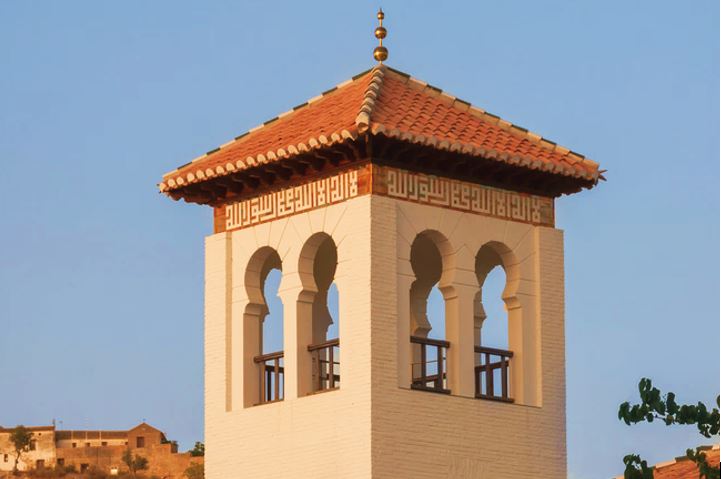Evren Savcı’s Queer in Translation presents an alternative, both in methodology and analysis, to the Orientalist analytical frameworks typical of Western scholars studying queer politics in Middle Eastern regions. Specifically, Savcı analyzes the rise of Turkey’s Adalet ve Kalınma Partisi (AKP; in English, the Justice and Development Party) to show how the AKP’s increased securitization and oppression of marginalized communities—including, but not limited to, Turkey’s LGBTQ community—is the result of the marriage of Islam and neoliberalism. Savci produces compelling case studies that reveal how Turkey’s weaponization of religion, morality, and capitalism serve to secure the nation against dissenting citizens. From the discourse surrounding the complicated murder of a gay Kurdish man, to unlikely solidarities between religious hijabi women and LGBTQ activists, and the public commons that became Gezi Park, Savci’s critical translation methods reveal how the language to construct and resist securitization in Turkey are far more nuanced than simple attribution to solely Islamist extremism or Western neoliberal influence.
Keyword: Islam
“Incommensurate Ontologies”? Anti-Black Racism and the Question of Islam in French Algeria
In recent years, scholars and activists in France and the United States have questioned whether discrimination against Muslims constitutes a form of racism. In France, some on the left have claimed that religion is a category of belief and therefore should remain separate from discrimination based on skin color or other physical characteristics. In the United States, Afropessimist approaches insist on the specificity of anti-Black racism, rooted in the historical difference between the native and slave. This article, by contrast, argues that race and religion should be studied relationally and highlights how being Muslim exceeded the frame of personal conviction in colonial Algeria, where religious identity was the basis of a political and economic project that were constructed in their wake. The works of Frantz Fanon are particularly instructive in this regard, as he insisted on viewing Blackness as fundamentally relational and also drew on his analysis of anti-Black racism in mainland France to understand the dynamics of settler colonialism in Algeria. The porous line between religious and racial categories also sheds light on discussions of sectarianism in the Middle East more broadly, as colonial regimes irrevocably shaped the contours of the nation-state that were constructed in their wake. Postcolonial sectarianism inherited the intimate relationship between race and religion constructed by empire.
What is Whiteness in North Africa?
This entry sketches a matrix for conceptualizing race in/ and North Africa that takes Arabness, indigeneity, Islam, the Sahara, and slavery as orienting keywords. It suggests an approach to a geopolitically-grounded whiteness as social currency and aspiration that is both based in specific regional economic history and also reaches outward toward globally-circulating formations of racial hierarchy. Acknowledging the distinct legal, colonial, and state histories under and through which racialization has proceeded in North and Saharan Africa since the dissolution of the Ottoman Empire, this entry aims to draw out the ethical imaginaries through which bodies have been marked and categorized in this region. These ethical imaginaries have operated through their attendant languages, memories, and performances to enable racisms and colorisms with violent and enduring material consequences. Under the headings “Racialized Enslavement,” “Whiteness and Arabness,” “Race and the Sahara,” and “Race in North African Popular Culture,” I offer brief introductions to these discursive formations, histories, and conceptual intersections and offer suggested readings for each.
Muslim Voices, Moorish Masks: Theoretical Perspectives on Music and Islam in Southern Spain
This article proposes a new theoretical framework for the study of music and Islam in Andalusia, southern Spain. I demonstrate the framework’s potential by applying it to collaborative musical performances among Muslim economic migrants, European converts to Islam, and non-Muslim Andalusians during a year-long heritage festival that celebrated the region’s medieval Islamic past, arguing that musical analysis opens fresh lines of inquiry into the expression and experience of Muslim subjectivity in Andalusia. In the process, I engage with theoretical debates on hybridity in anthropology and ethnomusicology, orienting my own perspective along the axis of performativity, while in dialogue with Hispanic studies and Spanish cultural studies I think along the borders between hybridity and hauntology to recalibrate discussions of Spanish historical memory for a theoretical framework that ultimately coalesces into scenes of Moorishness: crowded, contested scenes in which musicians, festivalgoers, and festival organizers mutually interpellated each other under the rubric of Andalusia’s medieval Islamic past.



